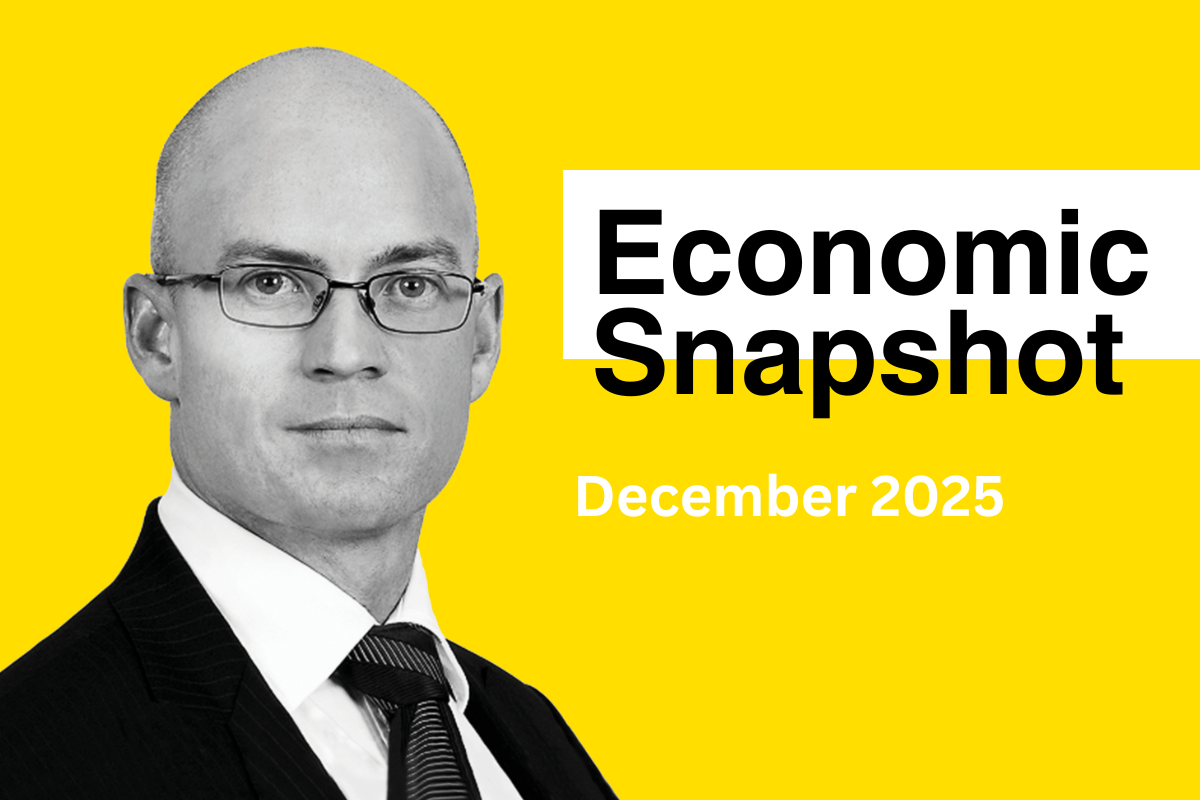Managing Money With ADHD: A Guide for Newly Diagnosed Adults

If you’ve just discovered you have ADHD in your 30s or 40s, you might finally understand why money has felt like such a battleground. Forgotten bills, sudden splurges, unopened bank statements – they all make a bit more sense now. The truth is, ADHD affects the way your brain handles memory, planning, and impulse control. That doesn’t mean you can’t get on top of your finances. It just means you need to do it differently.
This guide isn’t about strict rules or shaming yourself into becoming a spreadsheet wizard. It’s about building simple, ADHD-friendly money habits that support you – not overwhelm you.
Why Finances Feel Harder With ADHD
Managing money is essentially a long list of small but important tasks: paying bills on time, checking balances, planning for the future. For someone with ADHD, those tasks can feel like quicksand. You might:
- Forget deadlines because out of sight really does mean out of mind.
- Buy on impulse because that hit of excitement feels irresistible in the moment.
- Put things off because the whole topic feels too overwhelming to tackle.
None of this is a personal failing. It’s your brain asking for systems that make money management less of a juggling act.
Build a “Good Enough” Budget
Forget about colour-coded spreadsheets or recording every coffee purchase. The best budget is the one you’ll actually use. A couple of ADHD-friendly approaches include:
-
Three categories only: Needs, Wants, Savings. That’s all you track.
-
Separate bank accounts: One for bills, one for spending, one for saving. Naming your savings account (“Holiday Fund”, “Emergency Cushion”) can help you leave it alone.
-
Quick check-ins: Once a week, glance at your accounts. No number-crunching, just a big-picture look at where the money went.
Think of budgeting as giving yourself a map, not a prison.
Automate to Save Mental Energy
If memory isn’t your strong point, let the tech do the remembering:
-
Direct debits: Most bills can be set to autopay. One less thing on your mind.
-
Automatic savings: Transfer money into savings the day after payday, so it’s gone before you’re tempted to spend it.
-
Reminders: Pop recurring alerts in your phone for due dates, account check-ins, or “time to review subscriptions.”
Routine helps too. Pick a consistent “money day” once a week or month – make a cuppa, put on music, and spend 20 minutes on finances.
Tools and Apps That Can Help
Everyone’s brain clicks with different tools. A few that many people with ADHD find useful:
-
Monarch Money: Simplifies your finances by bringing all your accounts together into one clear view.
-
YNAB: Great if you like being hands-on and want to give every dollar a specific purpose.
-
PocketGuard: Quickly shows how much you can safely spend today without upsetting bills or savings.
- Neontra: Easy to create and manage a custom budget.
-
Plain reminders: Don’t overlook Google Calendar or Apple Reminders.
Try one at a time. If it feels clunky or stressful, drop it and try another.
Taming Impulse Spending
Impulse buys can add up fast, but you can build in speed bumps:
-
The pause rule: Wait 24 hours before buying anything that isn’t essential.
-
Shopping lists only: Go in with a plan and stick to it.
-
Cash or prepaid cards: Limit how much you physically bring so you can’t overspend.
-
Visual motivators: Keep a photo of your savings goal on your phone’s lock screen.
-
Accountability buddy: Message a friend before big purchases – explaining it out loud can shift your perspective.
The aim isn’t to cut out fun spending – it’s to make sure you’re choosing it, not just reacting.
Ditch the Shame
This part matters most: struggling with money does not mean you’re careless or incapable. ADHD brains are wired differently. Beating yourself up for past mistakes won’t help – but celebrating small wins will.
Did you pay a bill on time this month? That’s progress. Did you resist one impulse purchase? That’s a win. Consistency comes from stacking these little victories, not from being perfect.
Final Thoughts
Money management with ADHD doesn’t have to be complicated. Start with small, sustainable steps: simplify your budget, automate where you can, lean on apps or reminders, and give yourself permission to ask for help when you need it. Over time, those late fees shrink, savings grow, and the panic around money fades.
Most importantly: be kind to yourself. You’re not behind – you’re building systems that finally work with your brain.
Any advice is general in nature only and has been prepared without considering your needs, objectives or financial situation. Before acting on it, you should consider its appropriateness for you, having regard to those factors. Before making any decision about whether to acquire a financial product, you should obtain the Product Disclosure Statement.
Latest News Articles
Back to Latest News
What a Financial Plan Actually Looks Like

Realistic Budgeting Tips for Australians in 2026


